In its glory days, the Ford Motor Co. plant in Jacksonville, Fla., was a bustling workplace, one of the biggest automobile assembly factories in the southeastern U.S. that once cranked out the Model T.
Today, though, it is a hulking, broken-down brick and concrete shell – an eyesore just north of the Mathews bridge that is set to be bulldozed to open up more space along the riverfront for new economic activity.
The 98-year-old red brick structure, built in 1925 on a nearly 15-acre parcel of property on the Talleyrand side of the St. Johns River, has been deteriorating for years even though the city designated it as a local landmark deserving preservation in 2003. It is the only factory Ford built in Florida and there are only two like it in the country. The other one, in California, has been revitalized.
The fight to preserve the 169,000-square-foot building, at 1900 Wambolt Ave., was ongoing for years and millions of dollars were spent studying whether the building could be saved. Now, despite a prolonged fight by preservation groups, the industrial building is finally destined for the wrecking ball.
Demolition plans were originally denied by the Jacksonville Historic Preservation Commission (JHPC) but eventually approved by city council in a 17-0 vote. Originally, the JHPC had denied the building’s owner, Amkin Hill LLC, permission to raze the structure but it was overturned. Amkin Hill is a holding company of Miami real estate developer Ramon Llorens who bought the building in 2015.
Amkin Hill had acquired the Ford plant for $4.4 million as part of a purchase of eight properties spanning 35 acres along the St. Johns River.
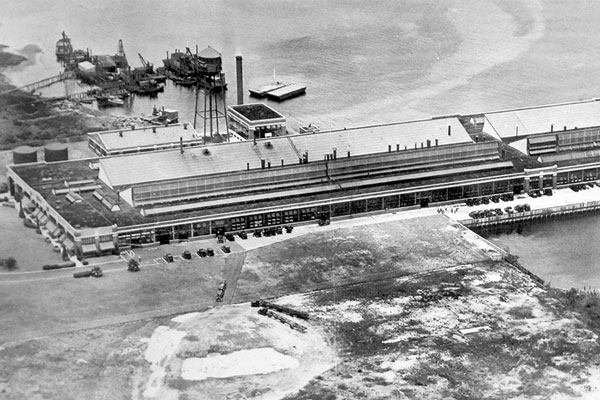
A report by Morales Consulting Engineers indicated the timber-pile supported wharf around the building included portions with up to 100-per-cent loss, as well as loss of fill material under the building itself. An underwater inspection in 2016 concluded all of the bulkheads were in poor condition.
The JHPC argued the professional engineering evaluation of the building by Morales lacked a detailed analysis to prove the building was at risk of collapse, but lost the cause.
Although the historic significance of the building was acknowledged by several city councillors, they opted for tearing it down due to the condition of the structure and the possibility of more jobs.
The building is now set to be bulldozed. The owners are allowing time for it to be documented by historians.
Alan Bliss, CEO of the Jacksonville Historical Society, was one of those who wanted the building to be renovated.
“We need to think about the people who came before us,” he said in a recent interview. “It (the plant) came to Jacksonville at a time in the early 1920s when this city was really blossoming, becoming an industrial centre, a major seaport, a major centre of employment, a nexus of transportation.”
He argued the building is of historical significance to Jacksonville and brings authenticity to the city.
“It cements in the mind of visitors that this is a real place unlike anywhere else, that it has a legitimate story of its own.”
However, Sonny Redmond, a consultant for Amkin Hill, said the damage to the building was too far gone.
“If it could have been renovated, we’d have done it,” he told the Jacksonville Daily Record.
A structural engineer and architect looked at the structure to assess whether existing damage would hinder attempts to repurpose all or part of it, but they ultimately decided rehabilitation wasn’t viable.
The analysis by Morales Consulting Engineers concluded rehabilitation of the building cannot be done and that the property cannot be economically developed unless the building is demolished.
The original assembly plant was designed by Albert Kahn, a German-born Detroit architect-innovator who designed many of the Ford plants across the U.S. Ford ended production at the Jacksonville plant in 1932 but used it as a distribution hub until 1968.
Demolition of the building will open-up prime riverfront property for economic activity in Jacksonville.
The property owner is in talks with a large shipyard owner that is interested in an industrial maritime redevelopment project at the site which could bring in 300 jobs. A marine repair shop in the area is already doing $30 million in improvements, which includes accommodating a 500-foot dry dock that will allow the company to lift large military and commercial vessels out of the water to do repairs. That project is also expected to create 300 jobs.


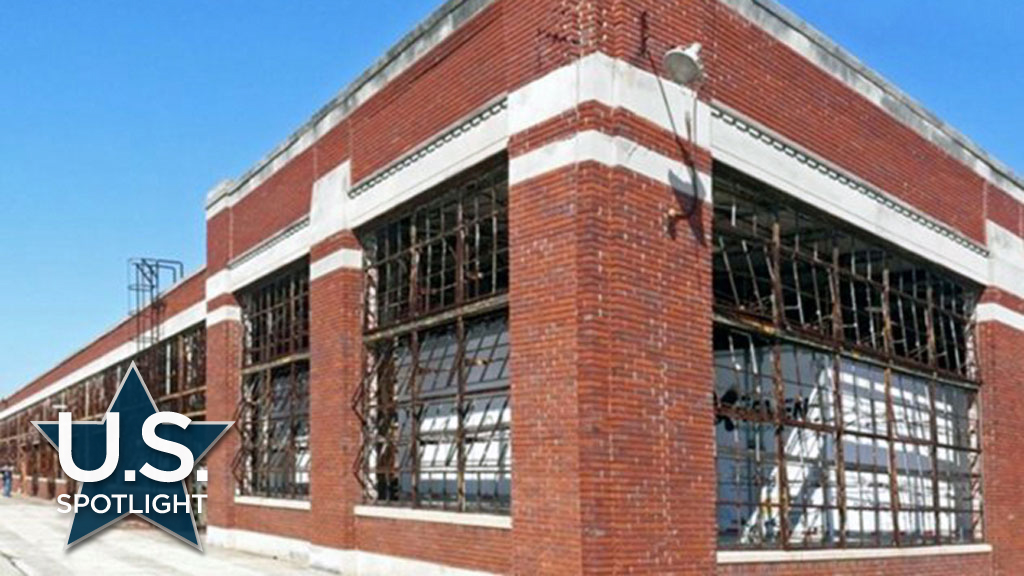
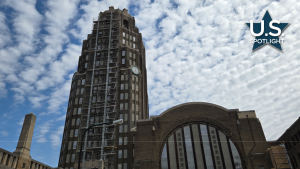

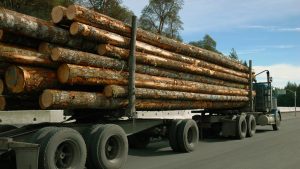


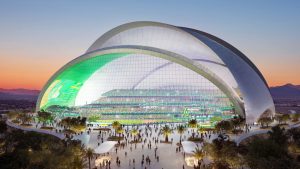
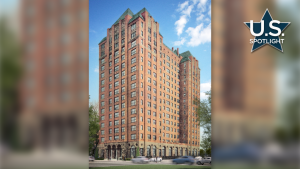

Recent Comments